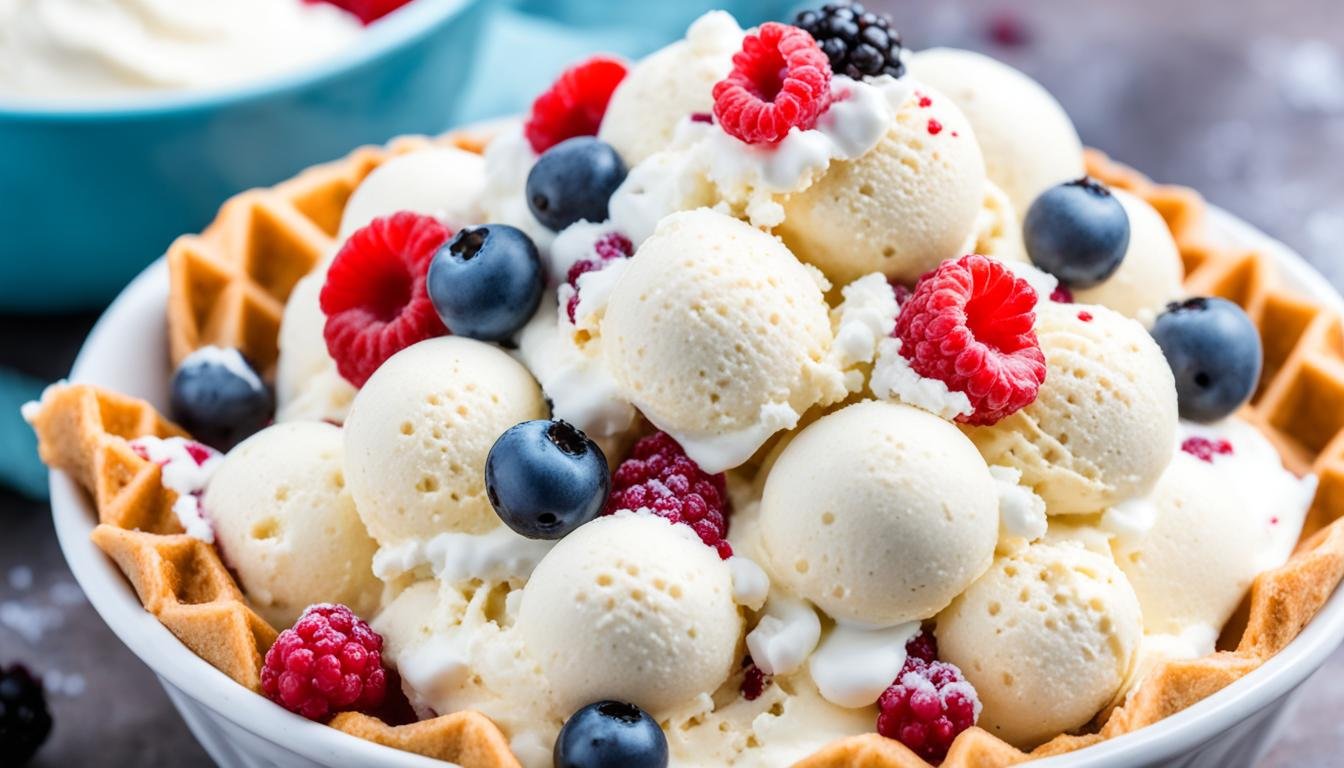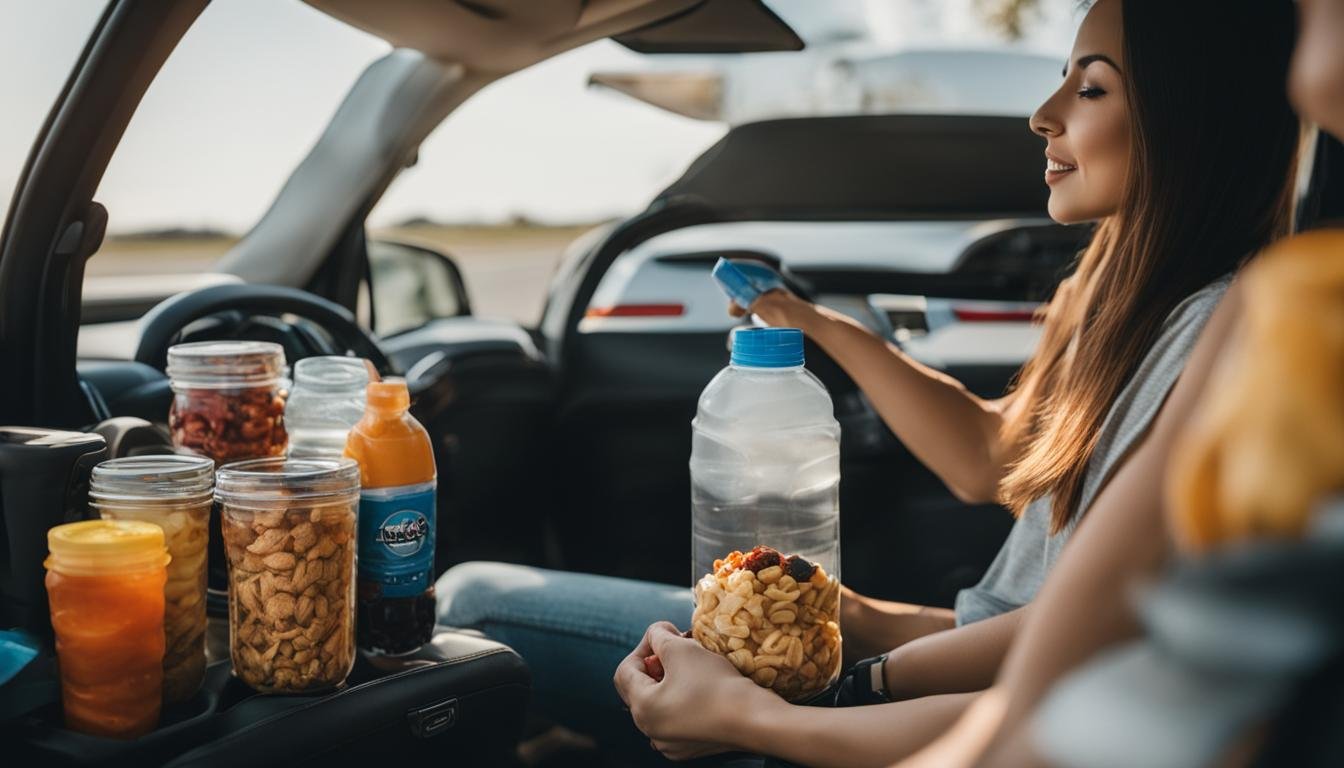
Embarking on the ketogenic diet involves significant dietary adjustments, and one area that often raises questions is alcohol consumption. Can you enjoy alcoholic beverages while maintaining a state of ketosis? The short answer is yes, but with some important caveats and considerations. This article will explore how alcohol affects ketosis, which drinks are keto-friendly, and how to enjoy alcohol responsibly without derailing your diet.
The Impact of Alcohol on Ketosis
The body processes alcohol differently than other macronutrients. When you consume alcohol, your liver prioritizes its metabolism, temporarily halting the metabolism of fats. This doesn’t necessarily kick you out of ketosis, but it can slow down fat burning. Additionally, alcohol can lower your inhibitions, making it easier to stray from your diet.
Keto-Friendly Alcoholic Beverages
Spirits
Pure spirits are the safest bet on keto since they contain zero carbs. This includes vodka, whiskey, rum, gin, tequila, and brandy. However, it’s crucial to consume these spirits neat, on the rocks, or with a zero-carb mixer, such as soda water.
Wine
Dry wines are relatively low in carbs, making them a reasonable choice for those on keto. Opt for dry reds like Merlot, Cabernet Sauvignon, and Pinot Noir, or dry whites like Sauvignon Blanc, Chardonnay, and Pinot Grigio. Generally, a 5-ounce glass will contain 2-4 grams of carbs.
Light Beers
While most beer is high in carbs, there are low-carb options available. Light beers can be an acceptable choice on occasion, with some brands offering as little as 2-4 grams of carbs per can or bottle.
Drinks to Avoid
- Regular Beer: Often called “liquid bread,” it’s high in carbs.
- Sweet Wines: Such as dessert wines, which are high in sugar.
- Flavored Alcohols: Many have added sugars that increase their carb content.
- Cocktails and Mixed Drinks: Many contain sugary mixers like soda, juice, or sweetened syrups.
Tips for Drinking Alcohol on Keto
- Stay Hydrated: Alcohol can dehydrate you, so drink plenty of water before, during, and after consuming alcohol.
- Monitor Your Intake: Alcohol can affect people more strongly when in ketosis, so you may find your tolerance is lower.
- Check for Hidden Carbs: Always know what’s in your drink to avoid accidental carb intake.
- Plan for Snacks: Have keto-friendly snacks available to avoid reaching for high-carb options.
- Be Mindful of the Aftereffects: Alcohol might affect your energy levels and recovery, so consider your schedule and responsibilities.
Alternatives to Alcohol
For those who prefer to avoid alcohol or are looking for alternatives, consider the following options:
- Keto Mocktails: Use a base of sparkling water with a splash of lime or lemon juice, adding stevia or erythritol for sweetness if desired.
- Non-Alcoholic Spirits: A growing market offers the experience of a cocktail without the alcohol.
- Herbal Teas: A comforting alternative that can be enjoyed at any time of the day.
Conclusion
Enjoying alcohol in moderation can fit into a ketogenic lifestyle, provided you choose wisely and account for the carbs in your overall daily intake. Being informed about how alcohol interacts with ketosis and planning accordingly can help you maintain your dietary goals while still partaking in social activities or enjoying a drink. As with any aspect of a diet, individual responses can vary, so it’s important to listen to your body and adjust as necessary.
RELATED POSTS
View all



